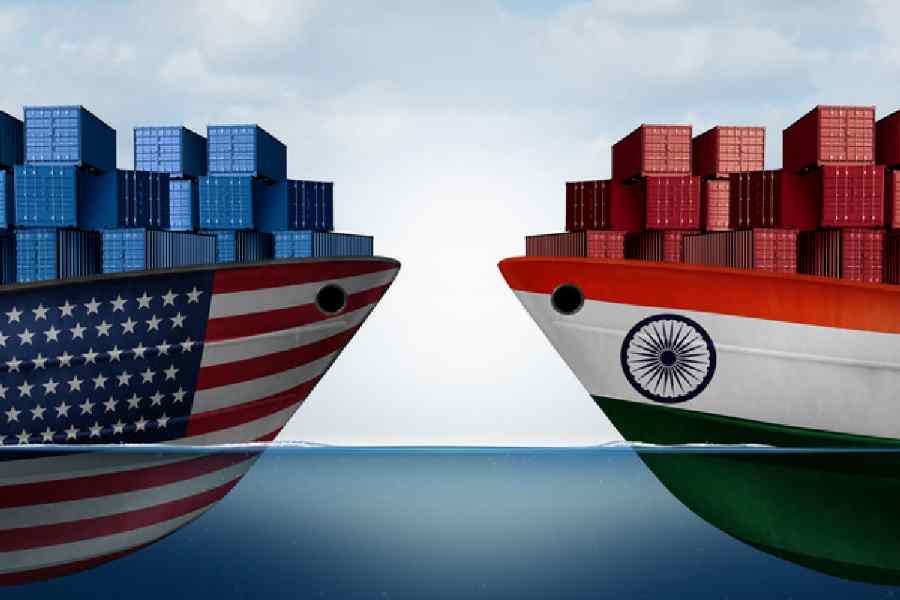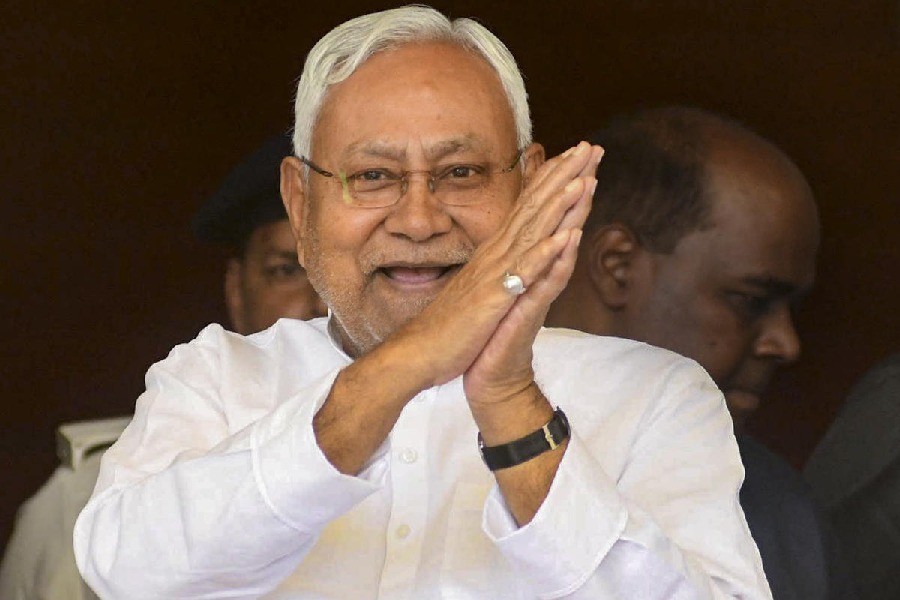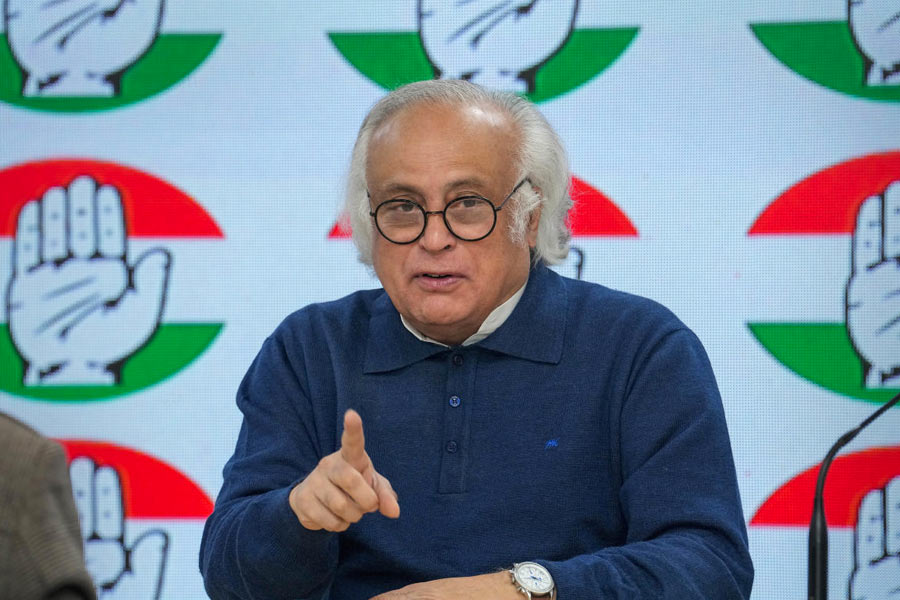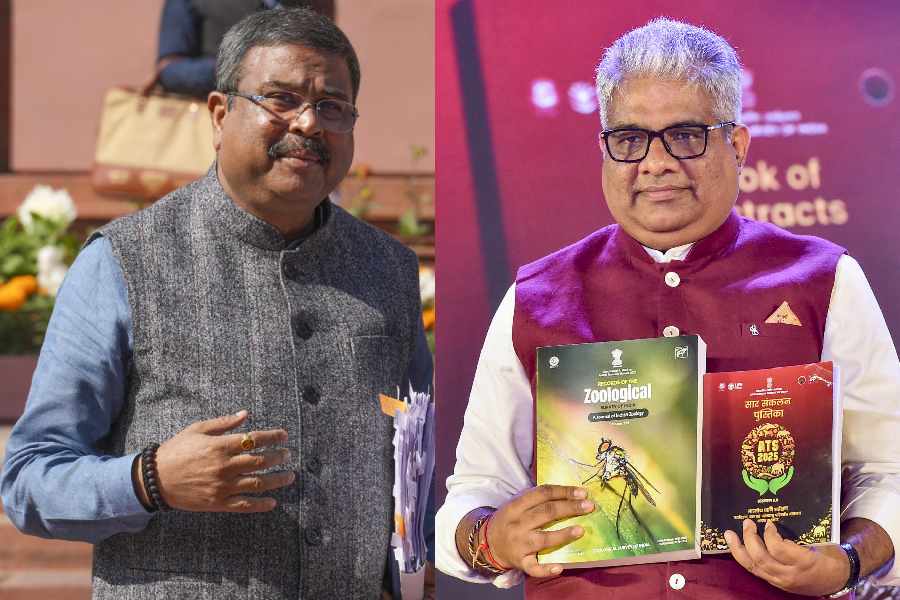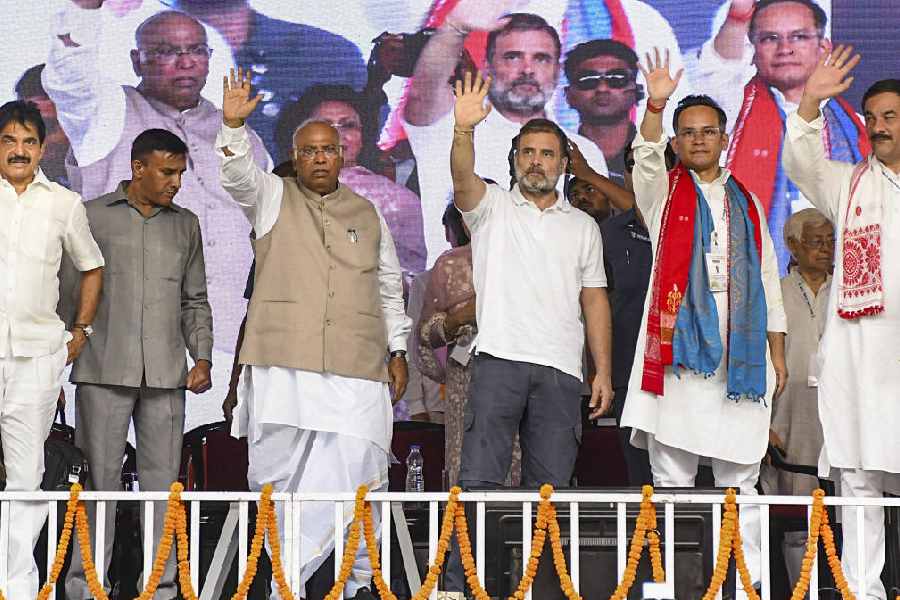New Delhi, July 5: Any promise of freebies such as television sets or laptops by political parties affects the level playing field and “shakes the root of free and fair elections”, the Supreme Court has held.
The court, however, clarified that such promises cannot be labelled “corrupt practice” under the existing laws and dismissed a petition challenging the competitive distribution of freebies by the AIADMK and the DMK during elections in Tamil Nadu.
The bench of Justice P. Sathasivam and Justice Ranjan Gogoi asked the Election Commission to frame guidelines to regulate such freebies after consultation with all political parties. It also asked Parliament to come out with a suitable enactment.
“Although the law is obvious that the promises in the election manifesto cannot be construed as ‘corrupt practice’… the reality cannot be ruled out that distribution of freebies of any kind, undoubtedly, influences all people. It shakes the root of free and fair elections to a large degree,” the court said.
“The Election Commission, through its counsel, also conveyed the same feeling, both in the affidavit and in the argument, that the promise of such freebies at government cost disturbs the level playing field and vitiates the electoral process, and thereby expressed willingness to implement any directions or decision of this court in this regard.”
Petitioner S. Subramaniam Balaji had approached the Supreme Court after the Madurai bench of Madras High Court dismissed his plea on June 25, 2007. Balaji had contended that the expenditure incurred from the state exchequer to implement such poll promises is unauthorised and impermissible.
The DMK had in 2004 promised to distribute free television sets to all those who did not have one if it were elected to power. In 2011, the AIADMK’s promises were wide-ranging — mixers and grinders, electric fans, laptops, 4gm gold thali (mangalsutra) and Rs 50,000 in cash for brides, greenhouses, 20kg rice to all ration card holders and free cattle and sheep.
The bench said it would not be correct to declare every kind of promise made in an election manifesto “a corrupt practice”. Not all poll promises are necessarily freebies, it said, citing as examples a promise to develop a particular locality or to provide employment to all young graduates.
“It is not within the domain of this court to legislate what kind of promises can or cannot be made in the election manifesto. Secondly, the manifesto of a political party is a statement of its policy. The question of implementing the manifesto arises only if the political party forms a government. It is the promise of a future government. It is not a promise of an individual candidate. Section 123 (of the Representation of the People Act) and other relevant provisions, upon their true construction, contemplate corrupt practice by individual candidate or his agent,” the court said.
“The provisions of the RP Act clearly draw a distinction between an individual candidate put up by a political party and the political party as such. The provisions of the said act prohibit an individual candidate from resorting to promises, which constitute a corrupt practice within the meaning of Section 123…. The provisions of the said act place no fetter on the power of the political parties to make promises in the election manifesto.”
The bench said the concept of state largesse is essentially linked to the Directive Principles of State Policy. Whether the state should frame a scheme that directly improves people’s living standards through benefits or does so indirectly by increasing their means of livelihood is for the state to decide, it said.
Judicial interference is permissible when the action of the government is unconstitutional and not when such action is not wise. “We are of the view that all such questions must be debated and decided in the legislature and not in court,” the bench said.
However, it stressed that the Election Commission cannot issue orders to rein in such freebies as it does not have the powers.
“Considering that there is no enactment that directly governs the contents of the election manifesto, we hereby direct the Election Commission to frame guidelines for the same in consultation with all the recognised political parties…. A separate head for guidelines for (the) election manifesto released by a political party can also be included in the Model Code of Conduct for the guidance of political parties and candidates,” the court said.
“We hereby direct the Election Commission to take up this task as early as possible owing to its utmost importance. We also record the need for a separate legislation to be passed by the legislature in this regard for governing the political parties in our democratic society.”


